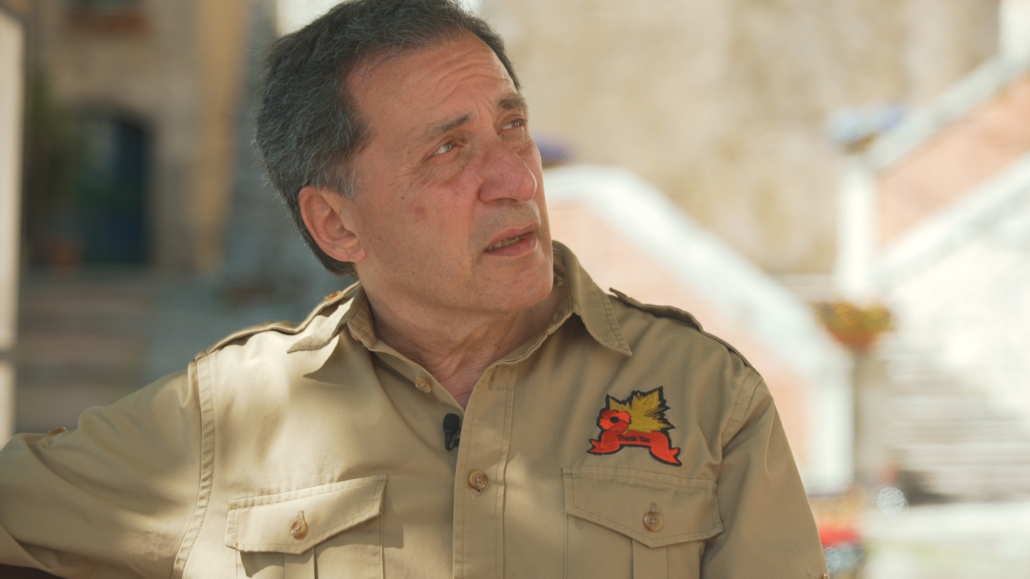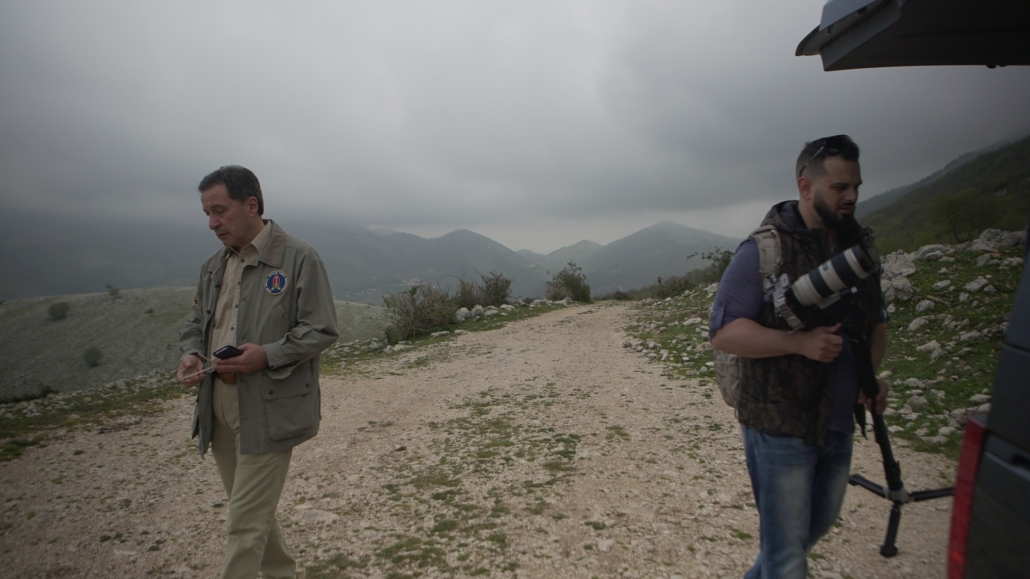Gianni Blasi
He was born in Italy and immigrated to Canada in 1951 via Pier 21 in Halifax. He lived in Toronto where he attended public school. He returned to Italy in 1966 to pursue his studies at the University of Naples Eastern University, graduating in Languages, Literatures and Institutions of Western Europe with highest honors. Mr. Blasi became assistant professor in the Orient teaching English literature and in 1996 he withdrew from the Italian school system to become a freelance teacher by setting up courses in Ceprano, Alatri and Frosinone, in central Italy.
Since 1986 he has conducted studies on the Second World War, focusing particularly on the fronts of Anzio and Cassino. He worked for the Canadian Embassy in Rome and for the Ministry of Veteran Affairs in Canada. He was a consultant for six documentaries on the Cassino and Anzio fronts: for Frantic Films-Winnipeg, CSOR-Petawawa, FSSF Association, Treehouse dream and War Junk.
Since 2006 he has organized trips to Italy and France for the FSSF Association and for New Zealand veterans. Blasi participated in Operation Husky 2013 in Sicily for the commemoration of the landing and fighting of the 1st Canadian Infantry Division from Porto Palo to Catania and was honored by the Canadian Senate in 2014 for his collaboration with the Canadian Forces in the Liri Valley in 1944. Gianni Blasi was an integral part in the making of the documentary in Montecassino. A fountain of historical knowledge.
Director’s Notes:
– ANTHONY SARRACCO is producer and director of the documentary Montecassino: the indestructible Abbey. Anthony is a proud member of the CSC and has won several awards for fiction in multiple areas. This last project in particular, is very close to the young director’s heart. Anthony’s family immigrated to Canada in the late 50’s, after the war had devastated Italy. His grandparents not only lived through the war, but lived a few steps from the Abbey of Montecassino. During his childhood he spent his summer holidays with his grandparents, who after many years in Canada, returned to the land they had been forced to leave, to spend a quiet life. ‘I remember when I visited my grandparents in their country house, and being a city boy, I was completely shocked by the country life they led. I was just a child with a vivid imagination. It was the 80’s and 90’s, but I well remember how the locals spoke of the war as if it were only yesterday. There were remains everywhere. Every relative we went to visit was talking about the horrors of war. It was a strange feeling to be in the country, which for a boy was like being in the middle of nowhere. Like being in a wild place, where anything could kill you. But the most vivid memory I have was the terror that assailed me that at any moment the Germans could return. Or their ghosts. I mean that there probably isn’t a single piece of land in that area where someone isn’t dead. And I’m not just talking about World War II: we have relatives who have found ancient Roman bones and tombs. This earth is saturated with human history. I carried this fear into my childhood during visits to my grandparents. As a teenager, war became the least of my thoughts. Now, when I come back as an adult, everything seems to be blurred. The people I knew as a child are gone, they died or went away. Everything seems to have been absorbed by the city or by the countryside. All the stories my grandparents told me remained just that, stories. What a strange feeling time can generate in a person. If I had shot this video 15 years ago, it would have turned out a completely different masterpiece. It would have been told by a nephew through the voice of his beloved grandparents.
Versioned with the participation of:







